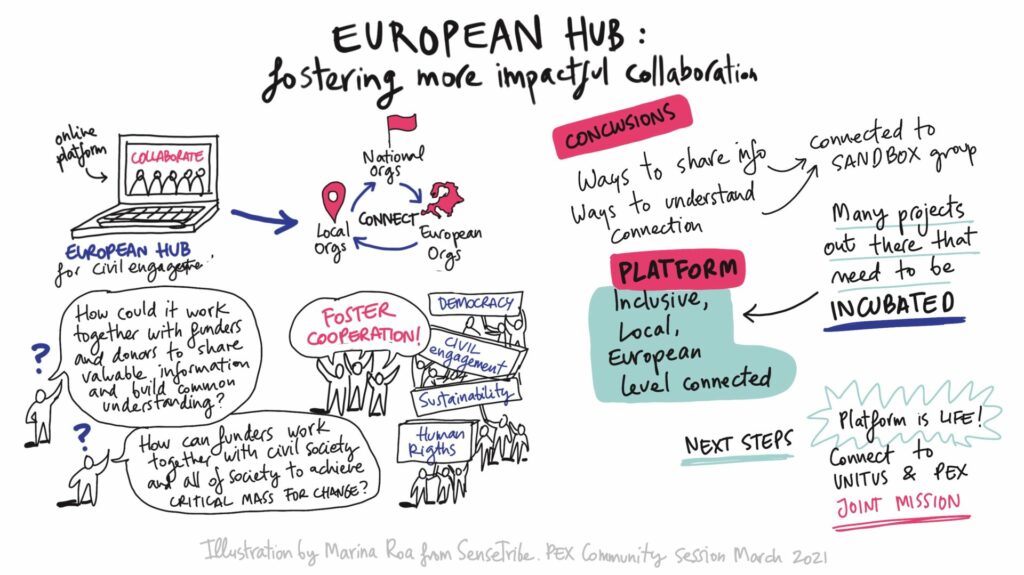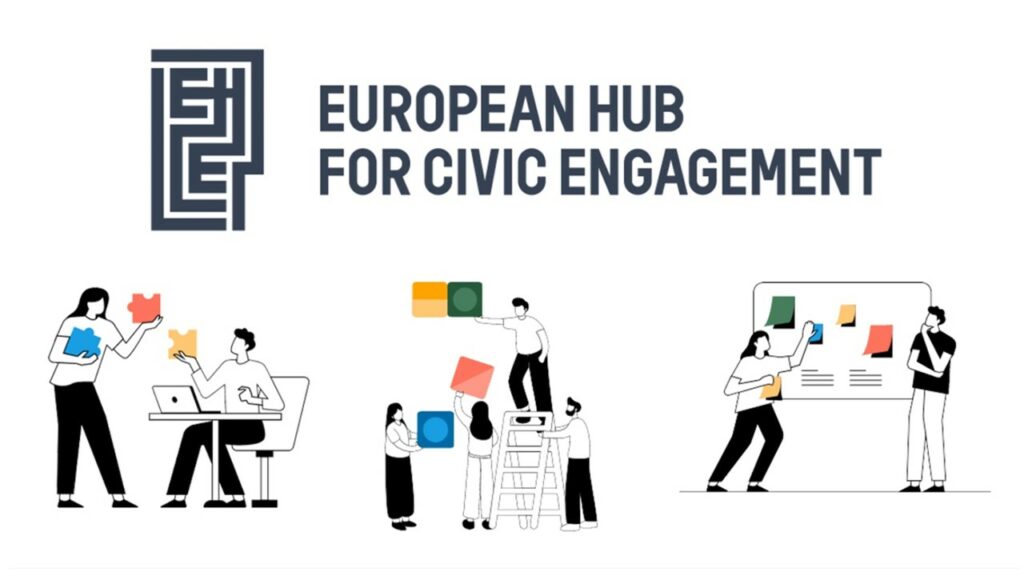The threat, the challenge, and the opportunity
This article has been commissioned for PEXnews.
Our society is undergoing a seismic shift, and the philanthropy sector has the ability to shape its direction for good by acting together. Recovery requires joined up society-wide action. The time to make that commitment is now.
We live in an age defined by disruption and transformation, terms that had become buzzwords long before the Covid pandemic arrived. And yet, as we were grappling with fundamental challenges to our way of life, Covid seems to have catapulted us some way into a surreal and dystopian version of the future, one where we sit at home, with a lot of time on our hands for deeper thinking. Reflecting on the realities of our transforming world, some patterns emerge.
When we were already trying to come to terms with a digital interconnected world, Covid threw us into a reality of constant digital connection and physical isolation. Whereas climate change threatens us at the pace of ice melting, the pandemic unleashed a fast-moving global crisis in real time. Whereas disinformation and malicious actors online threatens democracy and spread authoritarianism, Covid has unleashed an infodemic of outlandish conspiracies. The same applies to the challenges of accelerated economic inequalities, race, gender, education – fundamental issues in our lives.
In each of these cases, there is a significant palatable threat. If we do not act as a society, the consequences for ourselves in the present, and for future generations, will be severe. Now that we have had a taste of an unfolding global crisis, do we want to risk unmitigated climate change? Of course not. If there is anything we have learnt, it’s that listening to scientists about well-established facts is a good idea.
“Can we raise up a sustainable, inclusive and prosperous economy out of this economic crash once the pandemic is over? Now that we have come to depend on our apps and devices for human connection, will we redesign our tech to be more humane? Where to begin?”
Responding effectively to these threats, meeting them head on, and creating better outcomes – these are formidable challenges. Can we raise up a sustainable, inclusive and prosperous economy out of this economic crash once the pandemic is over? Now that we have come to depend on our apps and devices for human connection, will we redesign our tech to be more humane? Where to begin? These are big questions and they need to be tackled one pragmatic step at a time, with all sectors of society and people from all walks of life. We need in-depth dialogue, trust, cooperation and leadership to get this done.

And yet, with this great urgent need, a gigantic generational opportunity opens up. The moment for transformation is here, and it needs to be shaped and defined. If not now, when? If not us, then who? Now that the problems are stark and visible, the solutions present themselves. We need to learn to tell ourselves the hopeful stories we want to hear, and act on them. We need to imagine the reality we would like to live in, and move towards it. From genome-mapping a virus and developing a cutting-edge vaccine, to cryptocurrencies, mind-reading algorithms, and robotic vacuum cleaners, the tools are there for us to use. The wealth and resources and economic capacities are there. Our common prosperity is just a question of the vision that our society can generate.
All around the world and across Europe, citizens at large, people from all walks of life, organised themselves online and in person to support each other through this crisis. They worked tirelessly to save lives, they stood up for racial equality, gender equality and the right to live in a democracy. Civil society across the continent has shown resilience and determination to persevere and to shape that vision of the future. We need actors from across society, from governments, to media, from education, the arts and culture, to business, for all of these to join in.µ
“The philanthropy sector is a bedrock of civil society activity and has a unique convening power to bring together diverse societal actors.”
The philanthropy sector is a bedrock of civil society activity and has a unique convening power to bring together diverse societal actors. Acting together, philanthropic actors can leverage their capacities, platforms, networks and communities to generate the vision that is needed to shape that hopeful direction. This would require cooperation and coordination within the sector and a joined-up conversation. Then, the next step would be societal outreach together and coordinated action.
Part of the solution is in emerging civic technologies, which can open up new democratic spaces. The European Hub for Civic Engagement is a new online platform co-developed by Das Progressive Zentrum, Alliance4Europe and Citizens for Europe to enable civil society organisations and activists to connect, share content, coordinate action, and to eventually incubate new ideas and seek funding. The Hub seeks to break through silos and bottlenecks and address real needs. This includes being both a bridge and avenue for exchange between funders and civil society. After 18 months of research, workshops, design and testing, the Hub is now live and it is ready for use. The platform now is part of a push for a democratic and sustainable future for Europe.

In regular times, hope and optimism can seem cliché or unnecessary. In times of great need, hope and optimism are a necessary ingredient in recovery and regeneration. Yes, there are threats and challenges, but the opportunity is also overwhelming. When we get up from our sofas and re-emerge from these lockdowns, this is an opportunity we should take together.
Explore the European Hub for Civic Engagement here.
Omri Preiss is the Managing Director at Alliance4Europe.
